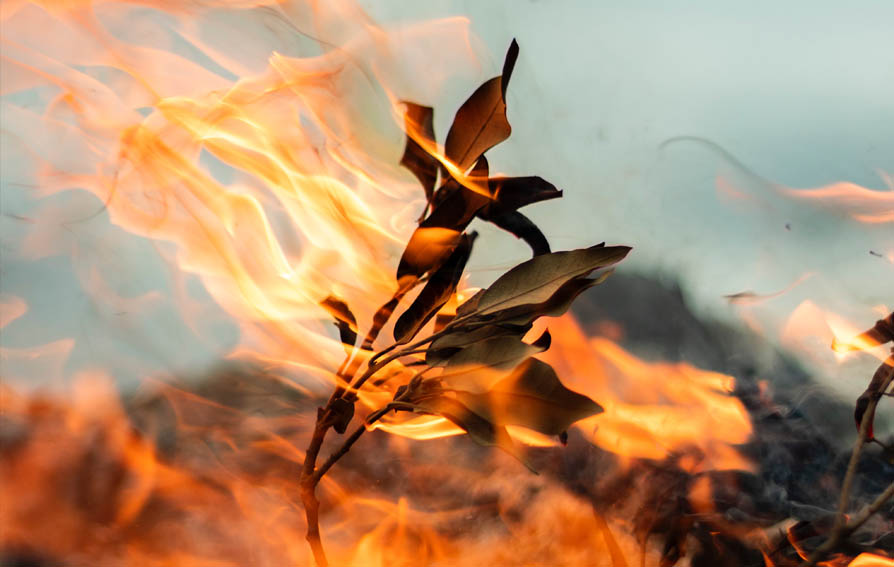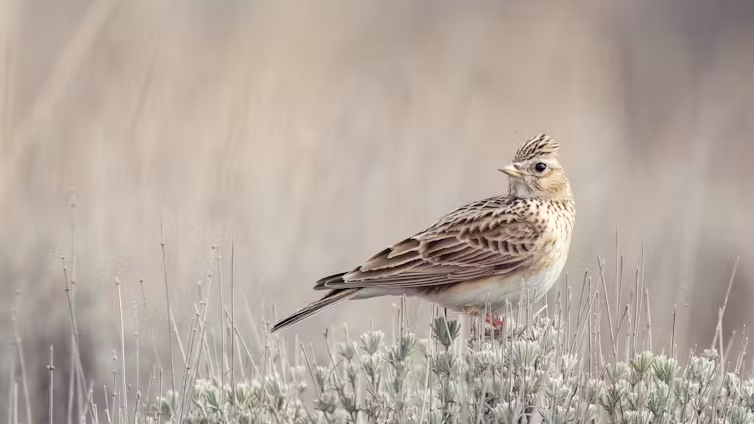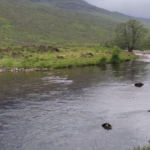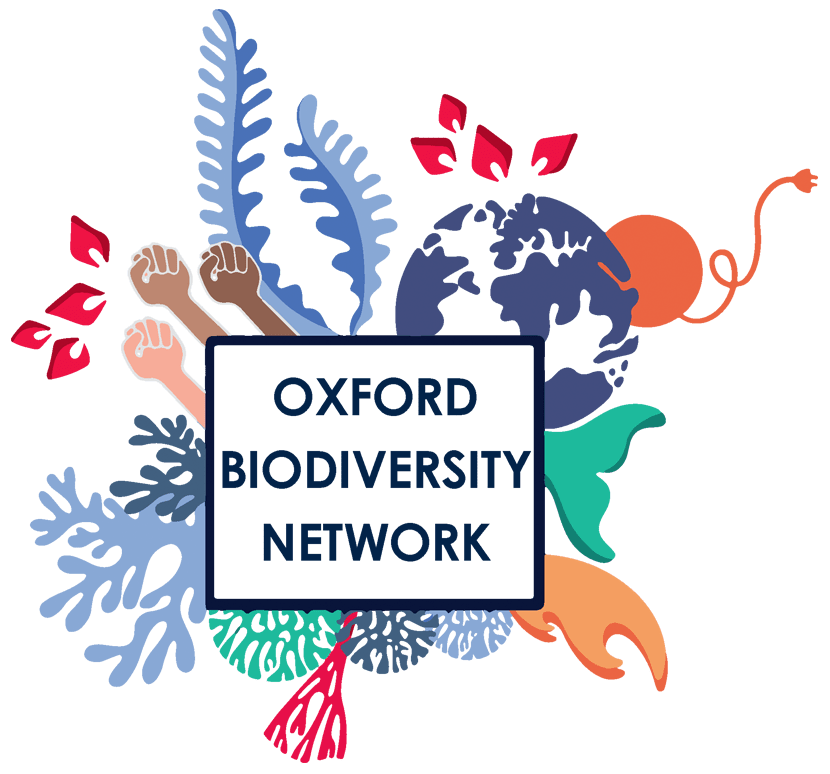Amazon fires

As we approach the Amazonian wildfire season, Drs. Erika Berengue and Aoife Bennett from the Ecosystems Lab provide their insights on the drivers of wildfires and what this means in desperate times of COVID-19 pandemic.
Amazonians face devastating times: the rapid spread of COVID-19 across Amazonia, the lack of monitoring, infrastructure, and access to medical care mean that the many pan-Amazonian countries are leaving the fate of many Amazonian communities to chance. In some regions, communities are also fighting Dengue outbreaks, famine, and facing extreme poverty. At the same time, the pandemic has resulted in reduced state presence and law enforcement officials. Indigenous defenders of the rainforest are further disempowered, under-resourced, and made vulnerable. This in turn has resulted in reduced capacity to monitor or report deforestation, land grabbing, illegal gold mining and logging operations, and other socio-environmental crimes in their territories. A similar situation of abandon is found in protected areas.
As we are approaching wildfire season in the Amazon, it is worth remembering that records of active fires in the Amazon Rainforest peaked in August 2019. Drs. Jos Barlow and Erika Berenguer have been studying human modified Amazonian rainforests for more than a decade (Barlow et al., 2012), demonstrating a direct link between the dramatic increase in forest fires and soaring deforestation rates in 2019. We are experiencing the highest levels of deforestation since 2008. “Brazil’s successful deforestation action plan of 2004–2012 provides a clear blueprint for action, but is contrary to the current government’s approach of undermining forest monitoring and cutting resources for law enforcement” (Barlow et al., 2019). The lack of institutional presence to deal with these issues in the Amazon is dramatically reduced during the pandemic: the ecological and socio-economic impacts of wildfires will be even higher now that everyone is busy with COVID-19.
The Ecosystems Laboratory, led by Prof. Yadvinder Malhi, seeks to understand how contemporary ecosystems function and how they may be affected by direct human pressures and global atmospheric change. This work spans the natural and social sciences, and the tools we employ in our research include:
Intensive field observation of carbon, water and nutrient cycling; vegetation and soil properties; plant ecophysiology; and climate.
- Multi decadal and large scale monitoring and analysis of ecosystem structure, composition and dynamics.
- Interdisciplinary studies of socio-ecological systems at agricultural and forest frontiers.
- Quantitative modelling of ecosystem ecophysiology and biogeochemical cycling.
- Satellite remote sensing at local, regional and global scales.
- Macro-ecological analysis of plant function and traits.
Our interests are global, but we have particularly active research in tropical forests and savannas around the world, also in our local field site at Wytham Woods.
References
- Barlow et al., 2012. Biological Conservation, 154, 1-8.
- Barlow et al., 2019. Global Change Biology, 119-141.
Other recent stories




Associated people

